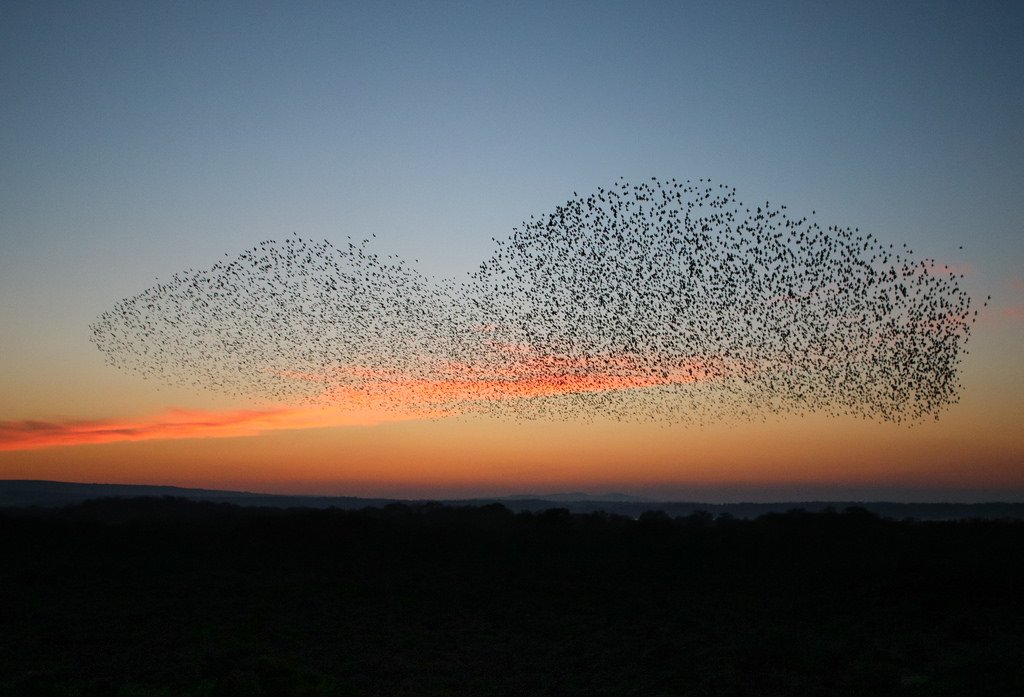
Co-creativity, the Arts and Dementia
The purpose of this paper is to explore the concept of co-creativity in relation to artistic practice with people with a dementia. The aim of the discussion is to outline how co-creativity offers fresh approaches for engaging artists and people with dementia, can contribute to less restrictive understandings of “creativity” and above all, expand the understanding of people with a dementia as creative, relational and agential.
This paper investigates how co-creativity can affect well-being from the perspectives of people with dementia and their carers; and explores how well-being and agency might be usefully reconsidered. The article draws on findings from a small-scale study ‘With All’ that focused on music and dance as non-verbal and therefore inclusive artforms.
Despite a growth in interest in recent years in the benefits of working co-creatively with the Arts for people living with dementia, little attention has been given to understanding the role of the professional artists within this context. This paper has been informed by the insights gained from a series of conversations, observations and journals that were kept by four UK based artists (two musicians and two dancers) who reflexively interrogated what they were doing during the course of an 8-week co-creative arts project with people living with dementia.


